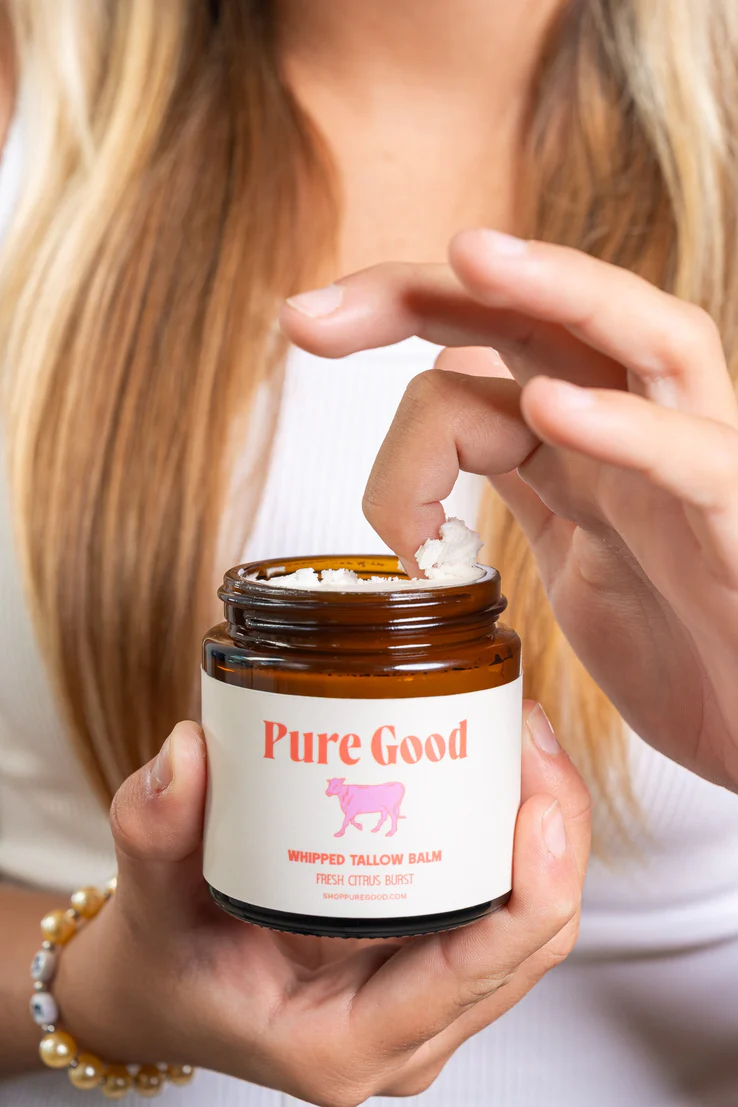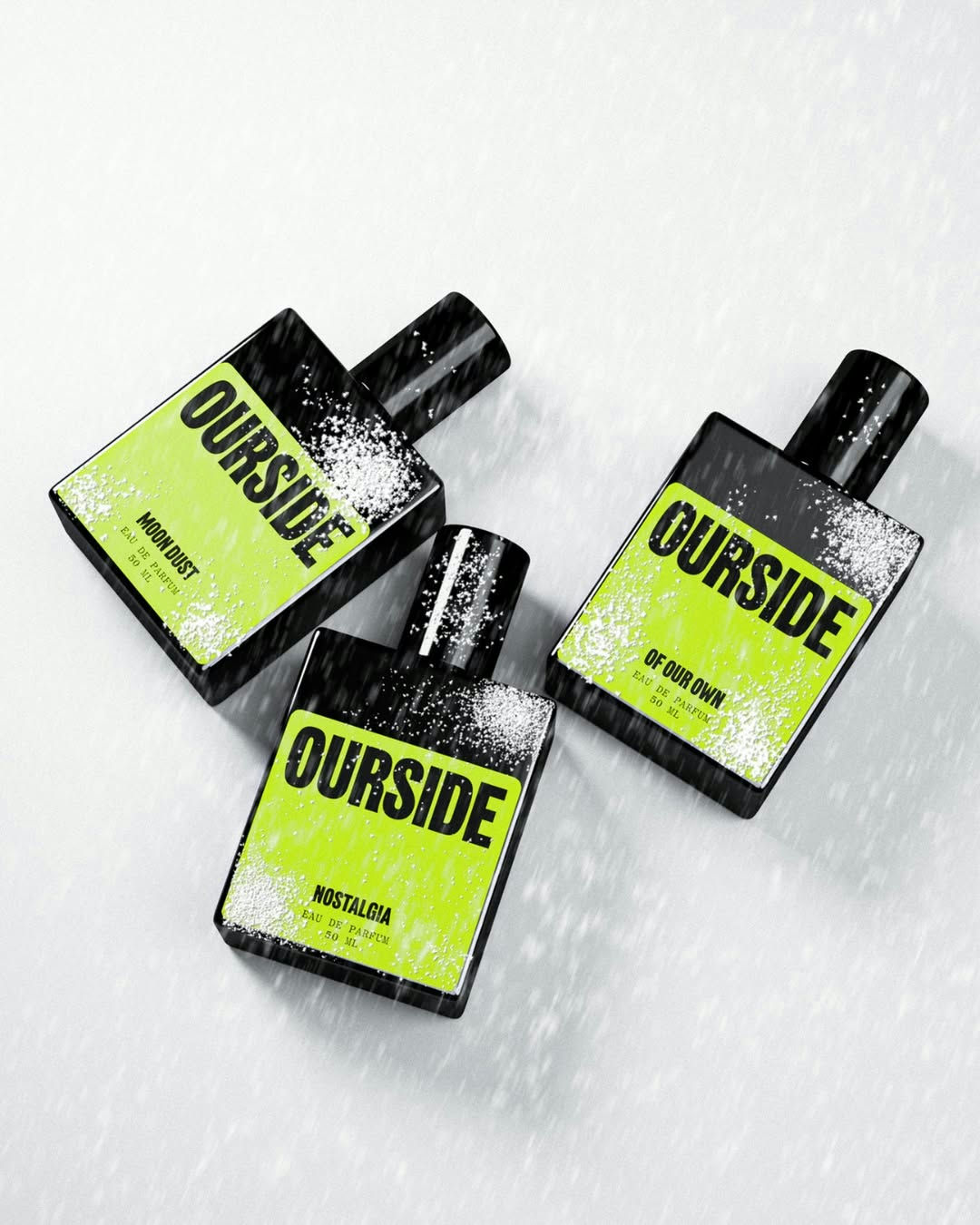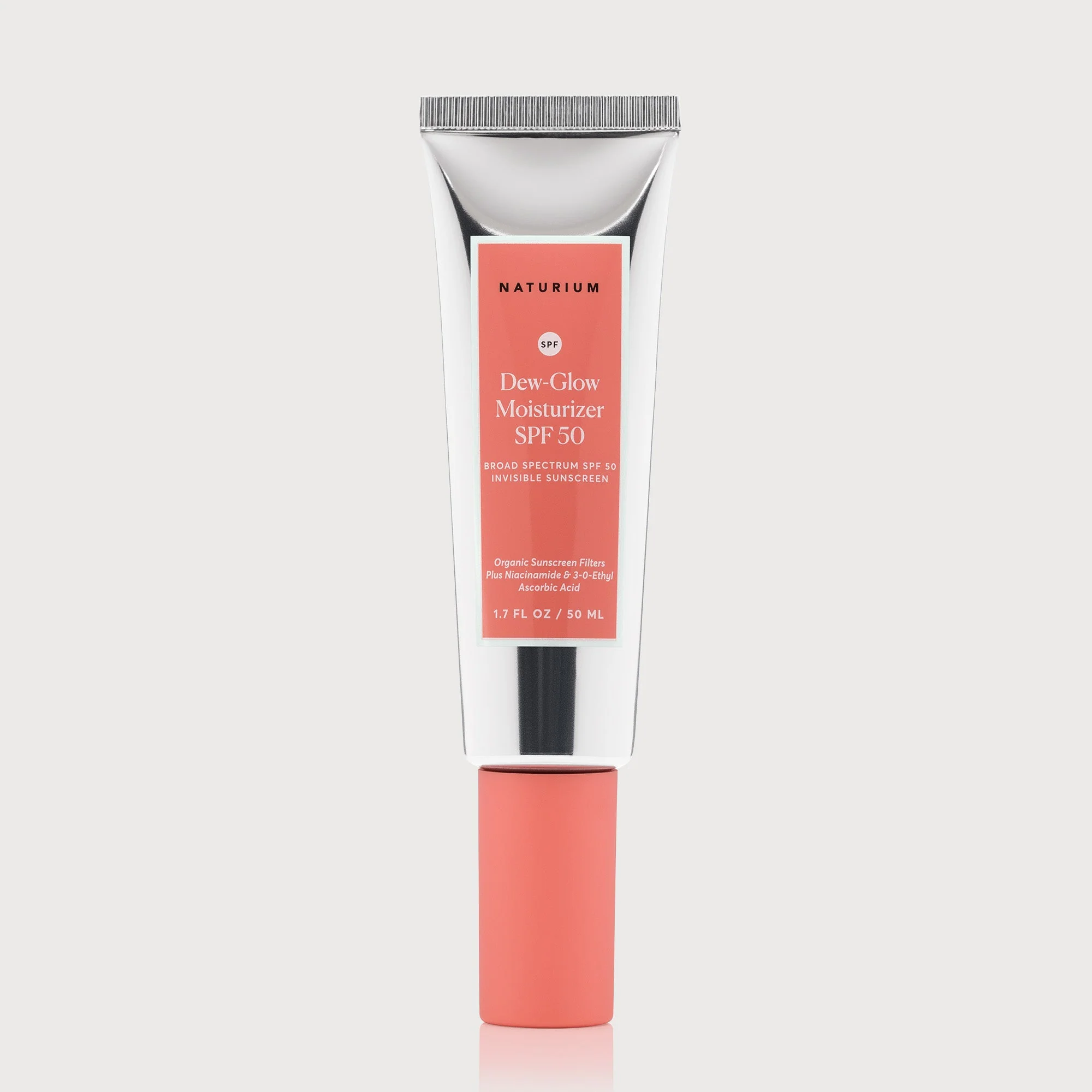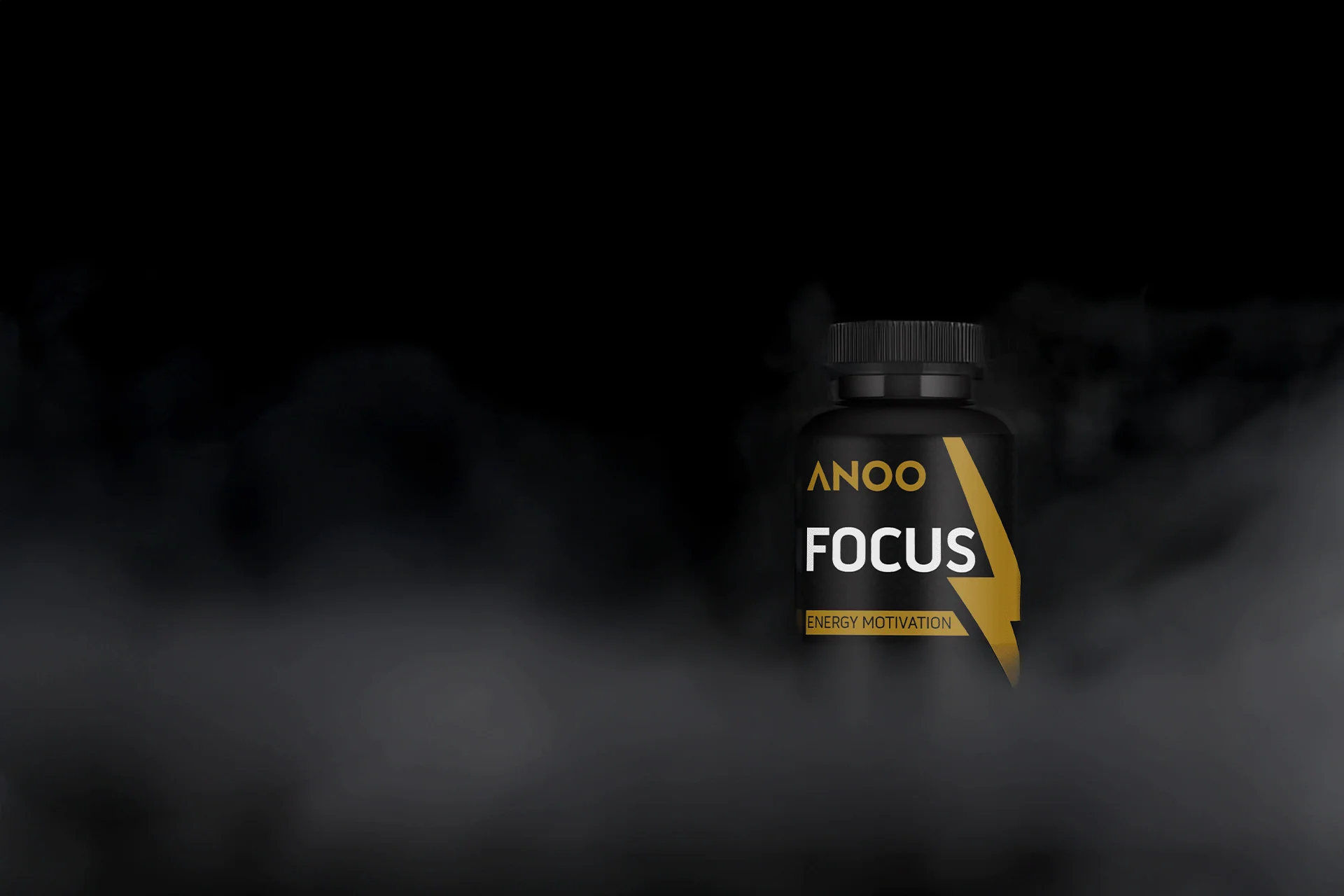Home
Beauty
Direct-to-consumer (D2C) beauty and makeup brands have revolutionized the cosmetics industry by offering innovative products and personalized shopping experiences. These brands prioritize quality, inclusivity, and sustainability. For example, one prominent D2C brand specializes in clean beauty, providing makeup and skincare products with natural and non-toxic ingredients, appealing to health-conscious consumers. Another brand stands out for its wide range of shades, catering to diverse skin tones and celebrating inclusivity. Additionally, some D2C companies prioritize sustainability by using eco-friendly packaging and promoting ethical practices in their supply chain.
D2C beauty and makeup brands are important because they cut out traditional retail intermediaries, allowing them to offer premium products at competitive prices. They also focus on product quality, inclusivity, and sustainability, aligning with the values and preferences of today's beauty-conscious consumers. With their unique features and tailored approaches, D2C brands have transformed the beauty industry, making it more accessible and sustainable for consumers.

Bubble Sponge creates lightweight travel sponges infused with gentle cleansing soap, making showering simple and mess-free without bulky bottles. Their eco-friendly, single-use products are designed for convenience on the go and suitable for all skin types.

Hermosa Hair is all about making great hair feel easy. They work directly with their own factory, which means better quality control, better textures, and prices that actually make sense. From everyday human hair bundles, ready-to-go glueless wigs to human hair braided wigs, everything is designed to look natural, style effortlessly, and last longer than your average install.

Pure Good creates artisanal, handcrafted skincare balms that blend animal-derived tallow with botanicals and natural oils to nourish and moisturize skin deeply. Their minimalist formulations emphasize clean, high-quality ingredients for everyday skin care needs.

OURSIDE is a modern fragrance brand creating expressive, gender-inclusive perfumes inspired by memory, emotion, and cultural storytelling. The brand blends art, scent, and identity to craft distinctive fragrances designed to feel personal, intentional, and evocative rather than mass-produced.

Naturium is a skincare brand that delivers clinically-effective, ingredient-led formulas at accessible price points, merging clean beauty with scientific rigor. Their products span face and body care, aiming to make high-performance beauty inclusive and everyday-friendly.

Beauty Pie is a membership-based beauty brand that offers luxury skincare, makeup, haircare and body products at factory-priced rates by cutting out traditional retail mark-ups. Their model allows members to access high-quality formulations from top labs globally, making premium beauty more accessible and transparent. The company emphasizes value, quality, and disrupting conventional beauty pricing.

Anoo produces high-quality nootropic supplements designed to enhance focus, energy, and mental clarity using science-backed ingredients and a natural formulation approach. Their flagship product, ANOO Focus, is created in a GMP-certified facility in the U.S. and marketed to support cognitive performance and reduce mental fatigue.
Creating a successful Direct-to-Consumer (DTC) beauty brand in today's competitive market requires a blend of strategic product development, savvy marketing, and an exceptional customer experience. Here are key factors that contribute to making a winning DTC beauty brand:
A winning DTC beauty brand clearly communicates its Unique Value Proposition—what sets it apart from competitors. This could be a focus on sustainability, a commitment to using all-natural ingredients, or innovative product formulations. The UVP should resonate with the brand's target audience and be reflected in every aspect of the business.
The core of any beauty brand is its products. Successful DTC beauty brands invest in research and development to create high-quality products that deliver on their promises. This includes efficacy, safety, packaging, and the overall user experience. Products should cater to the specific needs and preferences of the target demographic.
A compelling brand identity and storytelling are crucial. This involves a consistent and appealing aesthetic across all platforms, engaging content that tells the brand's story, and a tone of voice that connects with the target audience. Storytelling helps to build an emotional connection with customers, making them more likely to remember and choose your brand over others.
A winning DTC brand maximizes its online presence through a user-friendly website, strategic use of social media, and engaging digital marketing strategies. This includes SEO-optimized content, influencer partnerships, and targeted ads. The online experience should be seamless, from discovery to checkout, with mobile optimization being a key consideration.
Personalization enhances the customer experience by making shoppers feel valued and understood. This can include personalized product recommendations, customized packaging, or tailored beauty regimens. Advanced data analytics can help in understanding customer preferences and behavior, allowing brands to tailor their offerings accordingly.
Building a community around the brand can foster loyalty and advocacy. This can be achieved through social media engagement, loyalty programs, and by creating spaces for customers to share their experiences and connect with each other, such as online forums or beauty events.
Sustainability and ethical practices are increasingly important to consumers. A winning DTC beauty brand incorporates these into its business model, from sourcing ingredients and manufacturing processes to packaging and distribution. Transparency about these practices can further build trust and loyalty among consumers.
Efficiency in operations and having a responsive supply chain are essential for meeting customer demand and expectations. This includes effective inventory management, fast and reliable shipping, and the ability to quickly adapt to market changes or supply chain disruptions.